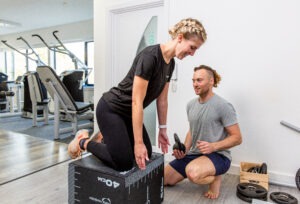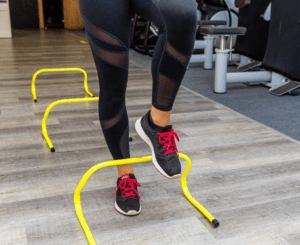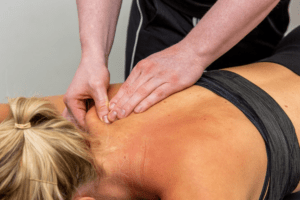Physiotherapy is a key component to every sports person’s regime.
Today on the blog, we’re exploring the relationship between physiotherapy and rugby.
Physiotherapy isn’t just a match day presence, they also use their highly-developed expertise during the rehabilitation phase and to minimise the risks of injury, including knowledge about how to incorporate sports-specific skills into a player’s rehabilitation.
Physiotherapists on a professional rugby team are responsible for the injury management, injury prevention, physical rehabilitation, education and medical services delivered to players. Working closely with the wider rugby management team, including, coaching, Sport Science, Sport Psychology, nutrition and more, to maximise the performance of players returning from injury, as well as continuing to look at ways to measure and improve practice and prevent injury, in a pursuit of being a successful team!
Even rugby players on local teams, or those who play for fun, engage in physical activity that is highly demanding of the body, and understanding how to improve mobility, restore function and prevent injury will be key to effective and sustainable performance. Time off due to injury can be massively reduced through an understanding of the physical demands of the sport and maintaining a fitness and recovery regime to counterbalance that demand.
Here are 5 things rugby players can do to stay on the field 👇
- Train your hamstrings to protect your knees! Include effective eccentric exercise training (slow and controlled). Our hamstrings may be the most commonly injured muscle group when it comes to playing rugby.
- Maintain effective lats function, to extend and stabilise the shoulders. Allowing for mobility and control through range is also key so training the lats with moves such as hanging leg raises and over-head squats can also increase function.
- Look after your spine by training your neck muscles and maintaining hip mobility. Simple shrugs are a good place to start. Yoga provides many useful movements to decompress your spine and increase the flow of fluid around the discs.
- Protect your calves – Effective strategies include strength training through calf raises, calf and ankle mobility through range by working uphill and by maintaining good ankle and calf flexibility (through regular stretching) and working on reactivity through proprioceptive exercises such as single leg balance work.
- Prioritise recovery & nutrition – The most important part of training is recovery to allow your muscles to adapt and recover effectively, and eating a well balanced diet will help keep you focussed and on form and not fatigued, which increases the risk of injury significantly.
Whether you play rugby for fun or professionally, we’re sure these tips will help you.
We are proud sponsors of the Oxford Harlequins RFC.



